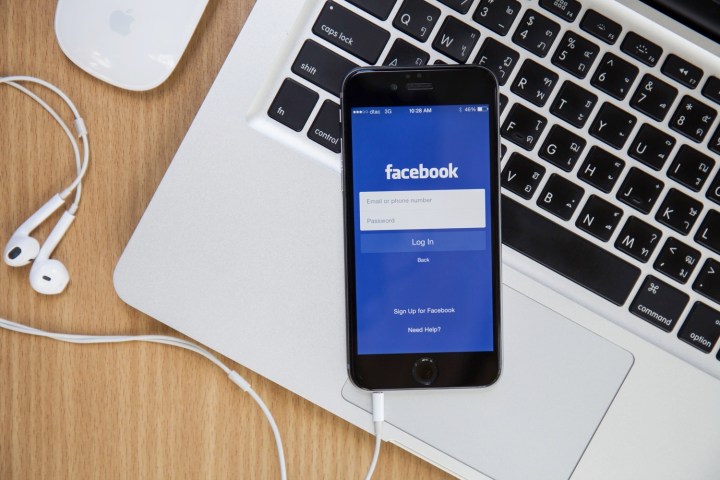
The biannual report covers the first half of 2015. It shows that Facebook received 41,214 government requests for data over these six months. This is an 18 percent jump compared to the second half of 2014.
The U.S. remains the number one country for making data requests to the social network. Between January and June it made 17,577 requests in total, pertaining to more than 26,000 user accounts. Most of these requests are search warrants (9,737) or subpoenas (5,375). According to Facebook’s report, in response to 79.85 percent of these requests, “some data” was produced.
Interestingly the U.S. is the only country in the report where the types of requests are broken down by type. The three other countries with the most requests are India, France, and Germany.
In the U.K., another country scrutinized for government surveillance, its government made 3,384 requests for data, compared to 2,366 in the last report.
There was also a 112 percent growth in the amount of content that Facebook is required to hide due to local laws. Much of the locally restricted data is attributed to India where certain posts have been hidden because of religious laws. The report indicates that India restricts “anti-religious and hate speech that could cause unrest and disharmony within India.” In total, 15,155 pieces of content have been restricted in the country.
Facebook states that it only responds to valid criminal cases and vets each individual request before responding. “If a request appears to be deficient or overly broad, we push back hard and will fight in court, if necessary,” wrote Chris Sonderby, Facebook’s deputy general counsel.
The company also used the report to reiterate its refusal to provide back doors for governments into user data.
Editors' Recommendations
- Facebook Messenger finally starts testing end-to-end encryption for all chats
- U.S. government and big tech want to use location data to fight coronavirus
- Facebook faces another huge data leak affecting 267 million users
- Documents show Facebook used user data as bargaining chip against competitors
- The U.S. Air Force’s secretive space plane ends record-breaking mission


